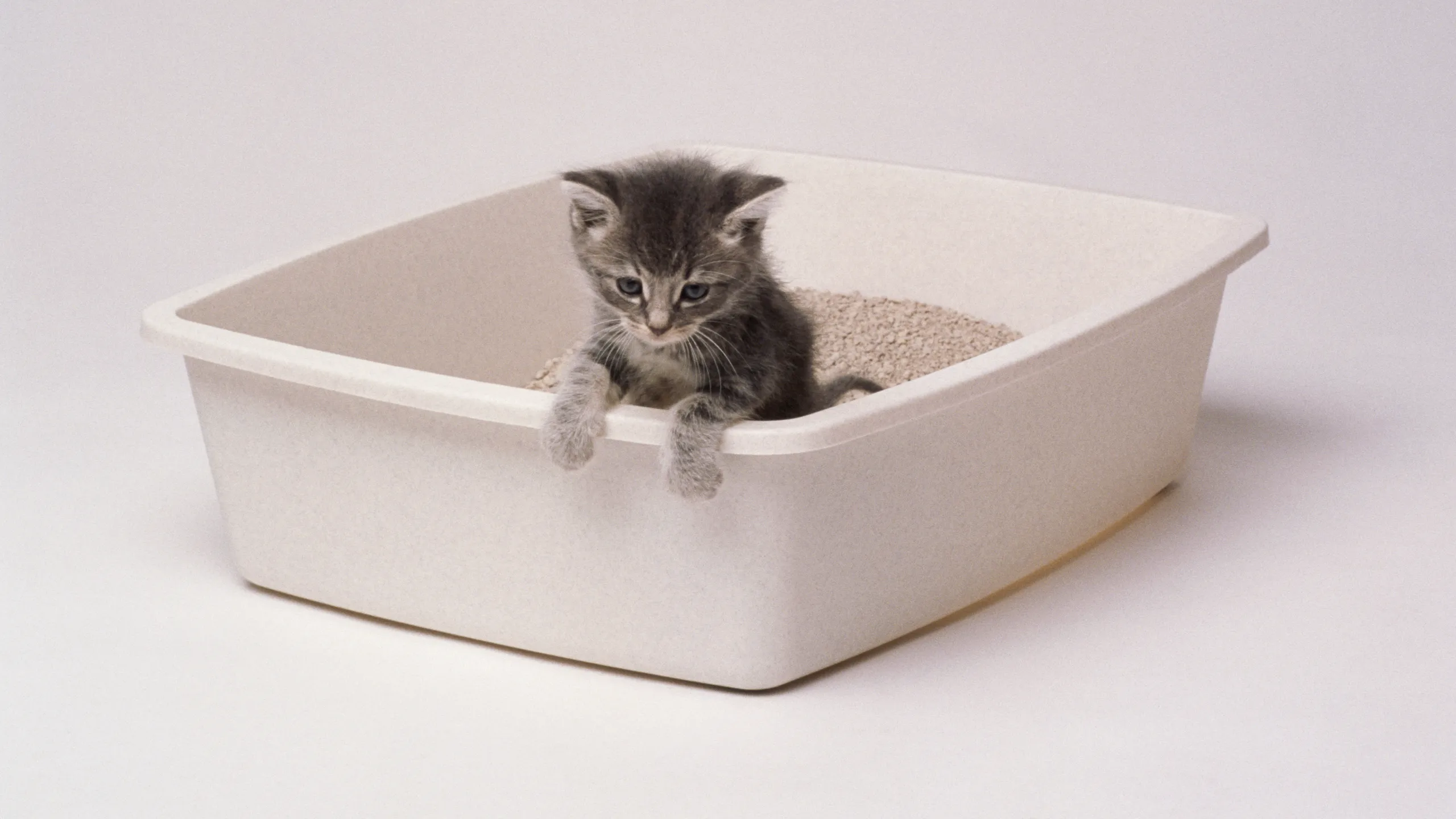How Self-Cleaning Cat Litter Boxes Improve Hygiene and Reduce Odor
Self-cleaning cat litter boxes have revolutionized pet care by automating the waste disposal process, making it easier for cat owners to maintain a clean environment. These innovative devices use sensors to detect when a cat has used the box, automatically sifting or raking waste into a sealed compartment. Maintaining a clean litter box is crucial for your cat’s health, as it helps prevent urinary tract infections and other health issues. In contrast, traditional litter boxes often suffer from odor buildup and hygiene concerns, making self-cleaning options an attractive alternative for conscientious pet owners.
How Self-Cleaning Cat Litter Boxes Improve Hygiene
Maintaining a clean litter box is essential for both feline health and household hygiene. Traditional litter boxes require frequent manual scooping, which can allow bacteria and odors to accumulate. Self-cleaning cat litter boxes offer an automated solution, significantly improving hygiene by reducing waste exposure and minimizing contamination risks.
Automatic Waste Removal
One of the primary hygiene benefits of a self-cleaning litter box is its ability to remove waste promptly. Since waste doesn’t sit in the litter for long periods, bacteria and odor-causing germs have less time to multiply. This reduces the risk of infections and keeps the litter box fresher for longer.
Prevention of Urine and Feces Buildup
A dirty litter box can quickly become a breeding ground for harmful bacteria, parasites, and ammonia buildup from urine. By automatically scooping waste and keeping the litter fresh, self-cleaning litter boxes help prevent the accumulation of these harmful substances. This is particularly beneficial for multi-cat households, where hygiene can be more challenging to maintain.
Encourages Better Litter Box Habits for Cats
Cats are naturally clean animals, and a dirty litter box may discourage them from using it, leading to accidents around the house. A self-cleaning litter box ensures that waste is removed consistently, providing a clean and inviting space for your cat to do its business, reducing stress and behavioral issues.
Hands-Free Cleaning
For pet owners, manually scooping litter can expose them to harmful germs, especially if they have allergies or respiratory sensitivities. A self-cleaning litter box minimizes direct contact with waste, making litter maintenance more hygienic and convenient.
How Self-Cleaning Litter Boxes Reduce Odor
One of the biggest challenges of owning a cat is controlling litter box odor. Traditional litter boxes often allow waste to sit for hours or even days, leading to strong, unpleasant smells. Self-cleaning litter boxes are designed to reduce odor effectively by eliminating waste promptly and incorporating advanced odor control technologies.
Timely Waste Disposal
A key advantage of self-cleaning litter boxes is their ability to remove waste automatically after each use. By preventing waste from sitting in the box for extended periods, odors don’t have time to develop and spread throughout your home.
Carbon Filters and Odor Control Technology
Many self-cleaning litter boxes come equipped with carbon filters or built-in odor neutralizers. These filters absorb and trap foul smells, preventing them from lingering in the air. Some models even use antimicrobial coatings to further reduce bacteria and odor buildup.
Use of Specialized Litter
Self-cleaning litter boxes often work best with specific types of litter designed to trap and lock in odors. High-quality clumping or silica-based litter absorbs moisture quickly, preventing urine and feces from releasing strong smells.
Sealed Waste Compartments
To further contain odors, self-cleaning litter boxes typically feature sealed waste bins. These compartments lock in waste and prevent odors from escaping, keeping the surrounding area fresh and clean.
Comparison: Self-Cleaning vs. Traditional Litter Boxes
Choosing between a self-cleaning and a traditional litter box depends on factors like hygiene, odor control, and maintenance effort. While traditional litter boxes require manual scooping, self-cleaning models offer automation, reducing hassle for cat owners.
Hygiene Benefits
Self-cleaning litter boxes significantly reduce bacterial exposure by automatically removing waste after each use. This prevents bacteria and parasites from multiplying, creating a cleaner environment for both cats and owners. In contrast, traditional litter boxes require manual scooping, increasing the likelihood of prolonged waste exposure and potential health risks.
Odor Control
Odor management is a major concern for cat owners. Self-cleaning litter boxes help by disposing of waste promptly, preventing unpleasant smells from lingering. Many models also feature carbon filters and sealed waste compartments to trap odors. Traditional litter boxes, on the other hand, rely on frequent scooping to minimize odor, and if not cleaned regularly, smells can quickly accumulate.
Maintenance Effort
With self-cleaning litter boxes, pet owners spend less time on daily maintenance. These automated systems handle waste removal, reducing the need for constant scooping. Traditional litter boxes, however, require frequent manual cleaning to keep them fresh and odor-free, which can be time-consuming and unpleasant.
Tips for Maximizing Hygiene and Odor Control
To ensure your self-cleaning litter box remains effective in maintaining hygiene and reducing odor, follow these essential tips:
Choose the right litter type for your self-cleaning litter box: Use manufacturer-recommended litter, such as clumping or silica-based options, to enhance waste removal and odor control.
Clean and maintain the box regularly, even if it’s automatic: While self-cleaning litter boxes reduce manual scooping, occasional deep cleaning prevents litter buildup and ensures smooth operation.
Replace filters or deodorizing components as needed: Carbon filters and odor-absorbing components should be replaced periodically to maintain freshness.
Keep the litter box in a well-ventilated area for extra freshness: Good airflow helps disperse lingering odors and prevents moisture buildup, keeping the surrounding area clean.
Conclusion
In summary, self-cleaning litter boxes offer significant advantages in hygiene and odor control for cat owners. Investing in one of these devices can lead to a cleaner, more pleasant home environment. With proper maintenance, you can enjoy the benefits of a fresh and sanitary space for both you and your cat.

